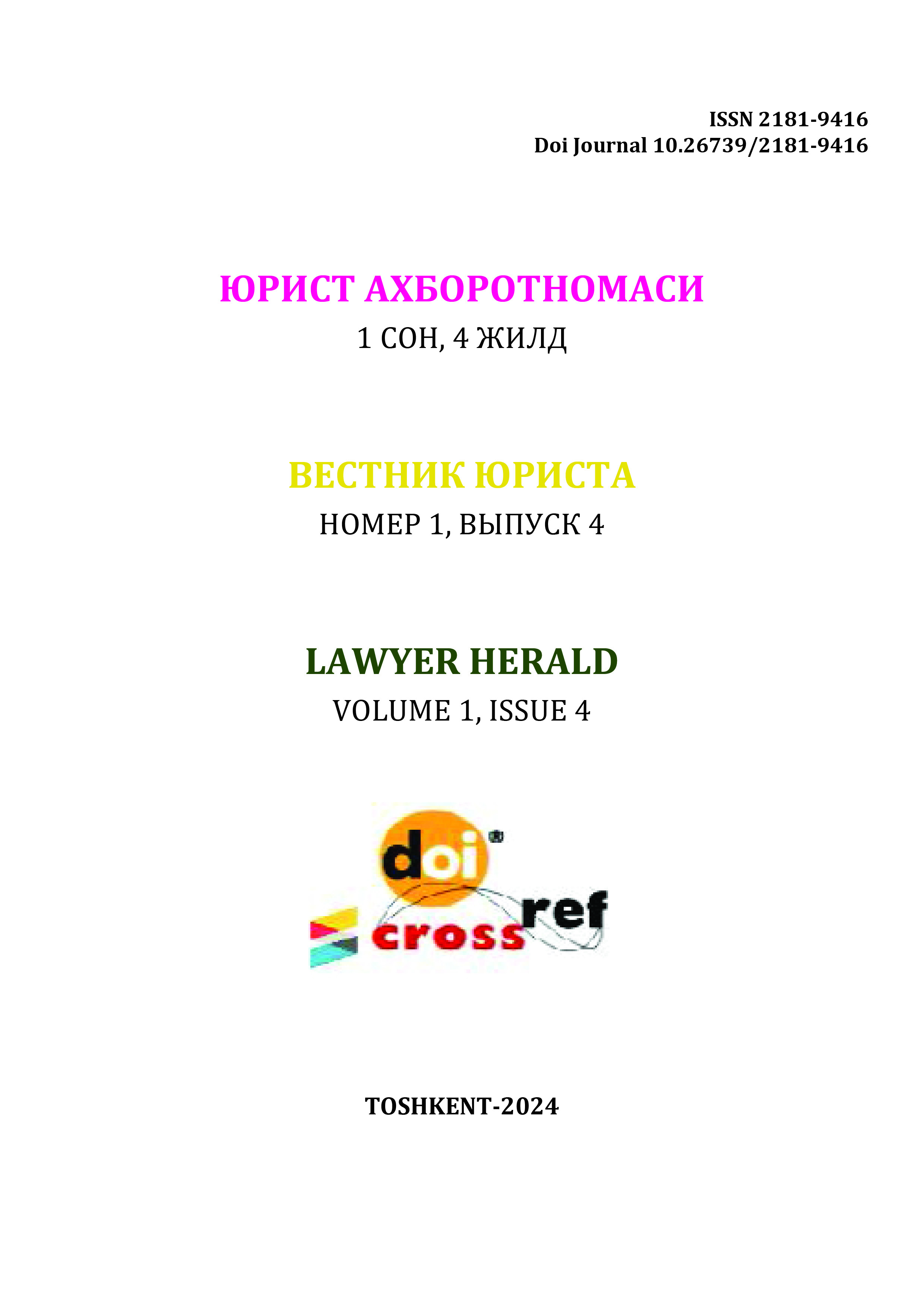Abstract
This article has explored the pressing challenge of upholding human rights principles in the digital age. It analyzed issues around access to technology, privacy and data governance, freedom of expression online, protections for marginalized groups, emerging technological threats, and policy frameworks from local to global levels aimed at securing rights in the context of cyberspace and a datafied society.Several overarching themes emerge across these topics. Initially, it is posited that extant human rights persist in pertinence within the digital milieu, albeit necessitating nuanced adaptation to emergent contexts via evolving governance mechanisms. Subsequently, policies grounded in empirical evidence, strategically designed to optimize empowerment and concurrently alleviate deleterious consequences, have demonstrated efficacy in addressing the manifold opportunities and risks entailed by technological advancements. Lastly, an examination is undertaken to scrutinize the experiential dynamics of harmonizing multi-stakeholder collaboration with the realization of rights-centric digital trajectories and control mechanisms.
References
Access Now. (2018). Human rights in the age of artificial intelligence. // URL: https://www.accessnow.org/cms/assets/uploads/2018/11/AI-and-Human-Rights.pdf.
Amnesty International. (2018). Toronto declaration: Protecting the rights to equality and non-discrimination in machine learning systems. // URL: https://www.amnesty.org/en/documents/pol30/1404/2018/en/.
Article 19. (2019). The social media councils: Consultation, transparency and oversight. // URL: https://www.article19.org/wp-content/uploads/2019/06/A19-SMC-Consultation-paper-2019-v05.pdf.
Barlow, J. P. (1996). A declaration of the independence of cyberspace. // URL: https://www.eff.org/cyberspace-independence.
Yusupov, Sardor. "Legalization of Artificial Intelligence: Significance and Necessity." Miasto Przyszłości 26 (2022): 48-50. // URL: http://miastoprzyszlosci.com.pl/index.php/mp/article/view/417
Carnegie Endowment for International Peace. (2018). Artificial intelligence and human rights. // URL: https://carnegieendowment.org/files/AI_WhitePaper_full.pdf.
Carnegie Endowment for International Peace. (2019). Shifting tactics: Civil society strategies to influence digital policy. // URL: https://carnegieendowment.org/files/Carnegie_Digital_Paper_FINAL.pdf.
Gulyamov, Said, and Mokhinur Bakhramova. "Digitalization of international arbitration and dispute resolution by artificial intelligence." World Bulletin of Management and Law 9 (2022): 79-85. https://www.scholarexpress.net/index.php/wbml/article/view/848
Caron, C. (2018). Legally protecting privacy on the Internet in an international context. Canadian International Lawyer, 15(1), 58-78.
Cashmore, A., & Rojek, C. (Eds.). (2019). The Routledge handbook of cybersecurity. Routledge.
Yusupov, S. (2022). Psychological Issues in Robotic systems and Advanced Computer Legal Regulation. Journal of Intellectual Property and Human Rights, 1(8), 17–22. Retrieved from // URL: http://journals.academiczone.net/index.php/jiphr/article/view/198.
Cath, C., Wachter, S., Mittelstadt, B., Taddeo, M., & Floridi, L. (2018). Artificial intelligence and the 'good society': The US, EU, and UK approach. Science and Engineering Ethics, 24(2), 505-528.
Choudary, S. P. (2022). The blockchain bill of rights: We need new rules for the decentralized age. MIT Press.
Clark, N., & Landau, S. (2021). Theshotgun marriage: Cooperation and competition in global digital governance. Columbia Global Reports.
Council of Europe. (n.d.). Development of digital rights. // URL: https://rm.coe.int/prems-055521-gbr-2018-developments-digital-rights-web-16x24/1680a0c77e.
Council of Europe. (2014). Recommendation CM/Rec (2014)6 of the Committee of Ministers to member States on a Guide to human rights for Internet users. https://search.coe.int/cm/Pages/result_details.aspx?ObjectId=09000016804d5b31.
